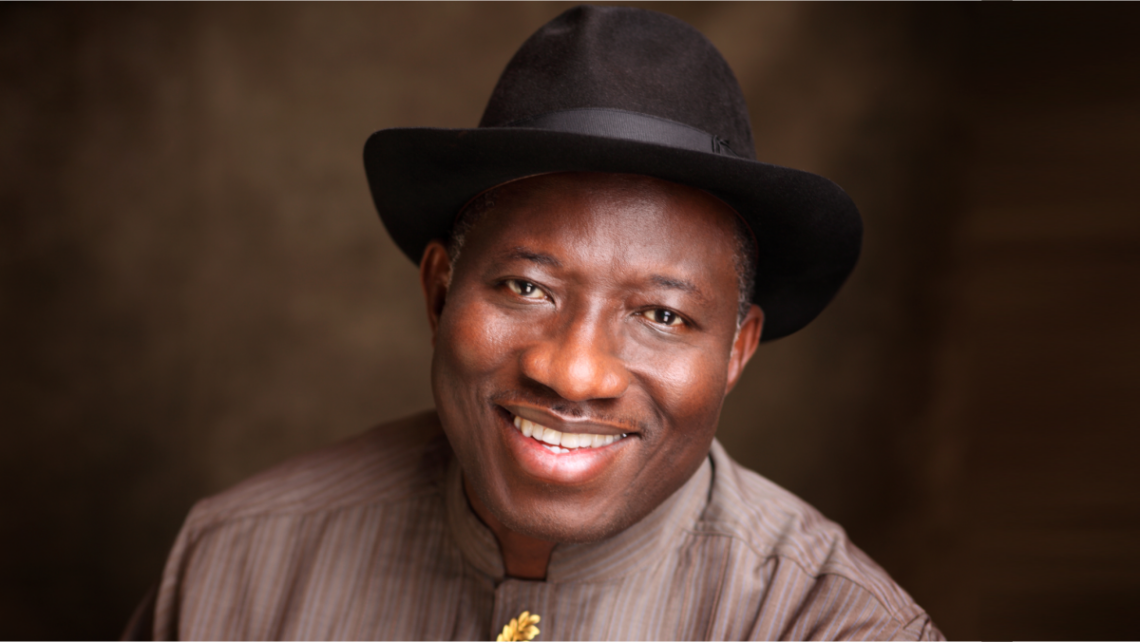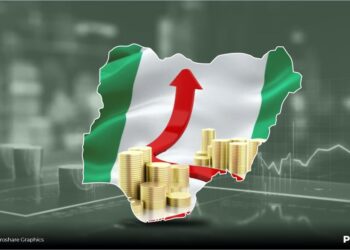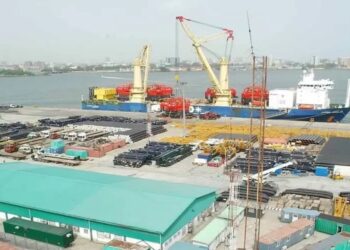Once upon a time in Nigeria, during the reign of Goodluck Ebele Jonathan, a decision that sparked a fierce national debate was made – the removal of fuel subsidy. Goodluck Ebele Jonathan, the then president, believed it was a rational economic decision to take, supported by evidence and facts. However, the likes of the NLC (Nigeria Labour Congress), CSOs (Civil Society Organizations), Muhammadu Buhari, Bola Tinubu, Babatunde Fashola, El-Rufai, and several others who are today in government mobilised uninformed Nigerians to protest against the move.
The nation was divided into two groups: those who supported the subsidy removal and those vehemently against it. The pro-subsidy removal camp argued that it was necessary to reduce government expenditure, address corruption, and channel funds to other vital sectors. They cited the then CBN governor, Sanusi Lamido Sanusi, and the minister for finance, Ngozi Okonjo-Iweala, who tried to convince Nigerians that it was the most rational decision at the time, but their efforts seemed to fall on deaf ears.
The anti-subsidy removal camp, led by politicians and activists, painted a different picture. They rallied the masses, pointing to the potential increase in fuel prices, which would directly impact the cost of living for ordinary Nigerians. Many believed that the government should tackle corruption and inefficiency in other areas instead of burdening the citizens.
As the protests intensified, the nation’s capital, Abuja, and major cities were filled with chants and demonstrations. The protesters felt united, fighting for a cause they believed in, while the government remained resolute in its stance. President Jonathan, despite the protests, stood firm, convinced that he was making the right decision for the country’s future.
Years went by, and political landscapes shifted. Bola Tinubu, a prominent politician, emerged as a major figure in the country’s politics. With the backing of several allies, he contested the presidential election and won, becoming the president of Nigeria. However, barely 50 days into his presidency, Tinubu found himself facing a similar situation to that of his predecessor.
The nation was once again grappling with the issue of fuel subsidy. Tinubu and his allies now found themselves on the opposite side of the table. They pleaded with Nigerians to show understanding and support the policy with prayers, rather than resorting to protests and complaints. According to them, the government meant well for Nigeria and its citizens, and this was the only way to achieve sustainable development.
Ironically, some of the same individuals who had vehemently opposed the subsidy removal under Jonathan were now echoing the government’s call for support and understanding. The tables had turned, and the cycle of politics seemed to be repeating itself.
As Nigerians looked back on the events of the past, they realised that history often repeats itself. They acknowledged that rational decisions might not always be popular, but leaders needed to make tough choices for the nation’s greater good. The question remained: would the people rally behind President Tinubu and support the subsidy removal, or would history repeat itself with protests and public dissent?
The scenario served as a crucial reminder of the importance of informed decision-making and the need for citizens to critically assess policies and proposals. It was a call for people to look beyond political affiliations and consider the bigger picture when evaluating the government’s actions.
In the end, the fate of the fuel subsidy lay in the hands of Nigerians. They had the power to shape the nation’s future by either standing united with their leaders or voicing their dissent. Whatever path they chose, it was clear that the echoes of history would continue to shape Nigeria’s destiny.
As Goodluck Ebele Jonathan watched from the sidelines, he couldn’t help but reflect on his time in office. Despite the opposition he faced during his presidency, he believed he had made decisions in the nation’s best interest. Now, as he saw the same debates resurfacing, he wished his successor, President Tinubu, the wisdom to navigate through the complexities of governance.
In the end, it was a tale of two leaders, two policies, and two moments in Nigeria’s history. And as the nation stood at another crossroads, it was up to the people to decide whether it was indeed Goodluck Ebele Jonathan’s time to laugh or whether the cycle of history would once again determine Nigeria’s path.
Abdulrauf Aliyu Economist and Policy Analyst writes from 45 Ashiru Road, U/Dosa New Extension Kaduna





